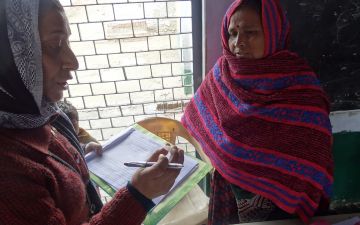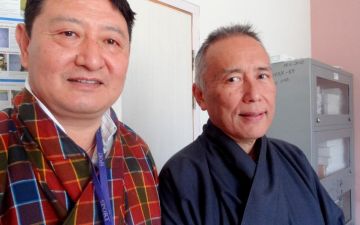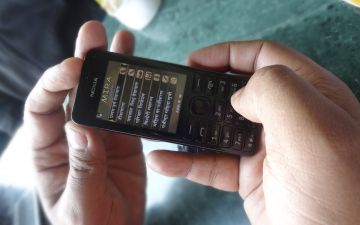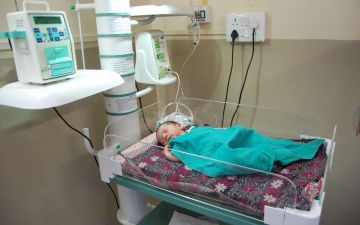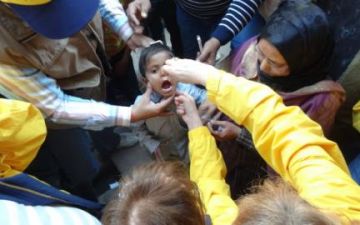This project is about polio and mobile phones.
February 2013 marks two years since the last reported case of polio in India. If the country stays on this path, it will be declared polio free in 2014. For India, this will be historic, and for the global health community, it will prove that a live virus can be tracked and removed even in the most challenging environments—a monumental feat on both accounts.
Understanding the polio campaign can help answer a number of vital questions. Can this infrastructure be adapted to other diseases? What aspects of UNICEF’s communications were effective to mobilize change? Where were the mistakes made? How were the government rural health workers trained and supported?
Polio may be gone, but the public health challenges in India continue. And the mobile phone is no longer just a toy—it is now a tool, a tool for health.
Pricewaterhousecoopers (PWC) estimates that mobile health in India is expected to become a $500 million industry by 2017. Consider DiMagi, a company that developed CommCare, a simple way to collect data on a “dumbphone”—information about rural patients that can be transferred to urban doctors. In India, it’s now being used by nearly 750,000 social health activists.
Journalist Esha Chhabra looks at the players at the forefront of mHealth and the practices they are bringing to the table. What are the potential gains and problems that will emerge? Will this lead to broader access to health care—or reductions in quality?
